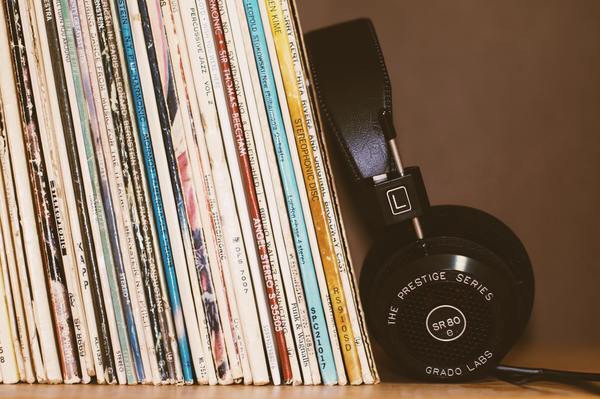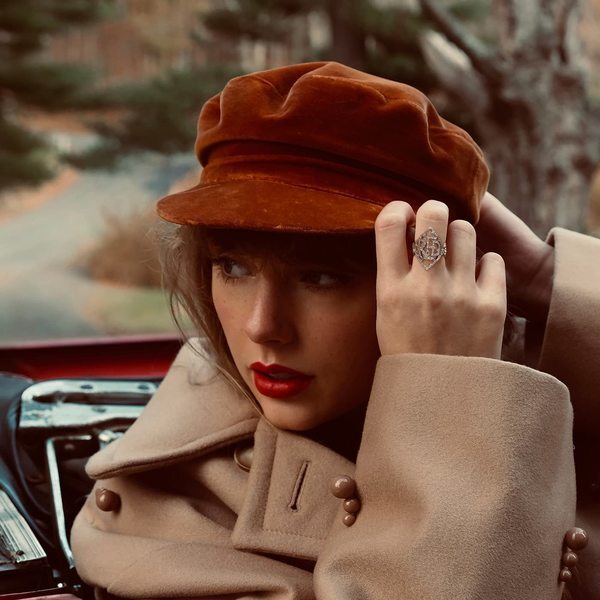
(Blocks/Unsplash)
Ted Gioia has been writing about music for longer than many of the people reading this have been alive, and while his focus is generally around jazz, he knows what he’s talking about when it comes to the music industry.
Recently, he put up a great piece on his Substack, titled “Is Old Music Killing New Music?,” that, while nominally about new artists, is secretly about the long tail, copyright, and the long shadow that earlier generations of success threaten to put on anyone attempting to do anything new in the music industry.
As someone who literally writes a newsletter that’s about reaching the end of the long tail, I read with deep interest to uncover his point, which is basically about how new music is all too easily crowded out by old music in the streaming era, especially if that old music is incredibly popular. Pointing to the fact that new album consumption is shrinking by a rate of nearly 4 percent at a time that catalog consumption is rising by nearly 20 percent, he expands on this idea to point out that all of the money in the music industry seems to be going to the catalog, which is making it hard for modern artists to have the influence they once did.
“The new music market is actually shrinking. All the growth in the market is coming from old songs,” he wrote.
Combined with other trends, especially the creator economy and the fact that many major legacy artists have sold the rights to their catalog for eight and nine figure sums, and you have a problem that could damage the long-term foundation of the music industry in unanticipated ways. Example: Why go see a new band in concert when all of your favorite music was released 15, 30, or even 60 years ago?
The value proposition has shifted in ways that few modern artists can take advantage of—unless, like Taylor Swift, you’re actually on a plane of popularity comparable to the Bob Dylans and Paul Simons of the world and can do things like re-record your catalog, killing the value of the one the music industry stole from you.

This album (“Red (Taylor’s Version)” if you’re not familiar) exists because the music industry is obsessed with controlling the catalogs of successful musicians.
This is a really interesting phenomenon that Gioia has pointed out, and I think what he has uncovered are deep structural issues with the sharp shifts in the music industry over the last two decades. Music is a model built for scarcity. Spotify is inherently not scarce.
One point that I think is underlined by this is that, with the dilution of mass media (as seen by the sharp decline in award-show ratings), pop stars of the modern era now have to fight many times harder for social media scraps and placements on Spotify playlists. The plus side of this is that the long tail is going to be bigger—more people will make sustainable, if unexciting, livings as professional musicians. The downside is that we will have fewer superstars going forward. Taylor Swift may be the last of her kind.
But that’s just one wrinkle to all this. Honestly, the thing I keep coming back to is the Sonny Bono Copyright Term Extension Act of 1998. This law, heavily promoted by the recording industry and named after a major pop star who later became a Republican politician before passing away in a tragic accident, extended the copyrights to songs to the life of the author plus 70 years, or in cases of corporate creations, 120 years after creation or 95 years after publication.
This was seemingly a long-term win for the entertainment industry, but thinking with a broader perspective, as Gioia did, highlights a long-term folly of this law: Now, modern musicians are going to find themselves competing against dead people for their entire lives, and sometimes the estates of those dead people sue, as was famously the case around “Blurred Lines.”
https://bsky.app/profile/shortformernie.bsky.social/post/3l7qvftbqxu2n
Instead of selling their catalogs for a payday they likely will never even leverage themselves, if major artists really care about the music industry—not the business part, but the making music part—perhaps the way they can show it is not by maximizing the payday around their work near the end of their lives, but ceding the copyright so that other artists can get a turn in the spotlight. (For one thing, it would kill the reissues market, which artificially resurfaces old music anyway.) A copyleft catalog would make room for newer generations of musicians and might let someone else get airplay by limiting artificial promotion, while letting the Great American Songbook continue to grow.
What if someone at the scale of Dylan released their catalog under a Creative Commons license? (Looking at you, Neil Young … oh wait, he just did it, too.) That would sure be a start to solving this complex problem that Ted has so astutely highlighted.
Time limit given ⏲: 30 minutes
Time left on clock ⏲: 1 minute, 35 seconds



